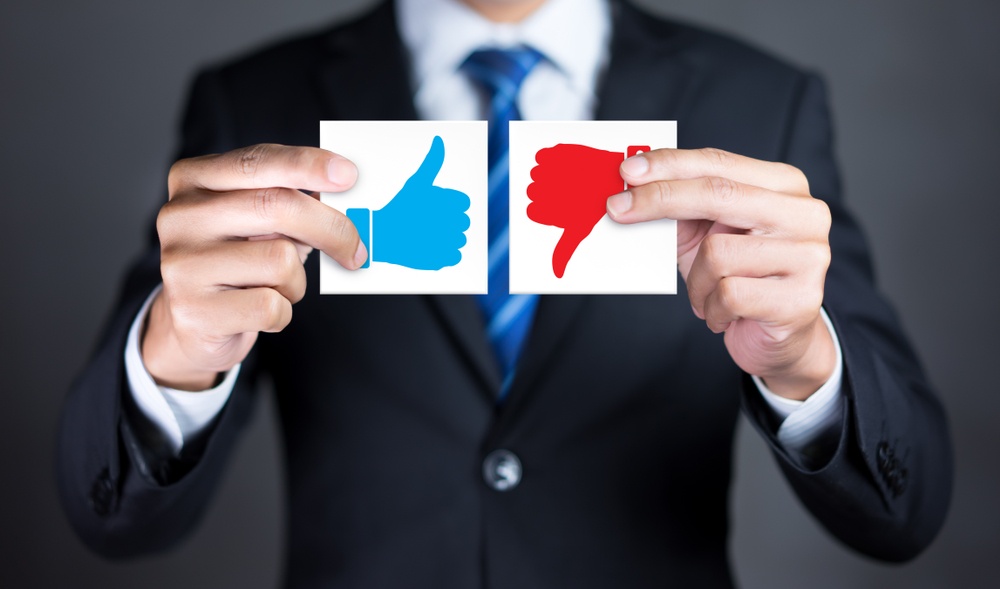Self-awareness is an essential skill which can improve every aspect of our lives when we learn to master it.
Developing self-awareness is about understanding and having a conscious knowledge of our own thoughts and feelings.
A lack of self-awareness can cause an individual to be ruled by their emotions, which can have negative consequences like poor decision making or an inability to form meaningful connections with others.
Many leaders go through their leadership training and even have a long and career without acknowledging or building their self-awareness. But in developing your self-awareness skills, you will become an even better leader – let’s look at why self-awareness is so critical for leaders today.
Leadership is About Developing Yourself as Much as Others

There is a fallacy within certain leadership circles that being a great leader relates to understanding and developing others; to bring out the best in them.
While this is true, this can’t truly happen if you don’t understand yourself first.
A high level of self-awareness is vital if you want to develop your leadership capability.
By understanding our own values, personality, needs, drivers, habits and emotions, you will be better equipped to manage yourself, and to then manage others.
Self-Awareness as a Super Skill
Learning to recognise and develop your self-awareness is an invaluable skill and one which will serve you when you learn to master it.
Take the following example as how self-awareness can help tangibly improve your life.
You’ve set off early for an important meeting at work, you’ve left yourself plenty of time because you know the road will be busy as it’s rush hour.
You get part of the way through your journey and you hit a traffic jam – there’s an accident which holds you up, making you late for your meeting.
As you sit in the car, you will likely be experiencing emotions like frustration, anger, annoyance – all natural responses to being stuck in traffic.
But it’s what we do at this point which is to do with how self-aware we are. There are two options.
We either –
- Continue to feel frustrated despite not being able to do anything about the traffic; we let the situation control our emotions, and you carry this negative feeling with you for the rest of the day, even into the meeting you end up being late for.
- You recognise that you are feeling frustrated about the situation. Still, being aware that you can’t change the traffic situation, you don’t let the initial reactionary feelings take control of you. You can accept the fact you’re going to be late, make a quick call from your phone (if it’s safe to do so), apologise and explain why you were late and carry on the rest of your day not having let the situation negatively impose on your day.
When we can step back from ourselves and assess our thoughts, we can then notice when these thoughts are not serving us and act to change them – this is mastering self-awareness.
How to Develop Self-Awareness
Of course, it isn’t an easy path from being unaware to becoming self-aware; it’s a personal journey which takes time and input from you.
Here are three ways to develop your self-awareness –
1. Think Carefully About What You ‘Like’ and ‘Dislike’ in Others

Very often, we carry preconceptions about what we like and dislike, especially when it comes to other people.
But these preconceptions can often be a reflection of things we don’t like about ourselves.
If you believe you don’t get on with shy, closed people, this can highlight an inability to be trusting. Likewise, a clash with louder personalities can be a sign of a lack of confidence in ourselves.
When we feel uncomfortable with how someone else makes us feel, pay attention to why, and it could reveal something about yourself that you need to work on.
2. Feel Your Feelings
Many of us, upon feeling a negative emotion, want to ignore it and hope that it will go away, rather than facing it head-on and exploring it.
The modern world is full of things that have been created to distract us away from negative feelings – social media to distract us from being bored, tv and streaming services to provide us with entertainment and comfort if we feel down; the list goes on.
Learning to accept and feel all of your feelings – negative as well as positive, can help us grow and understand ourselves better. Learning to be comfortable with feeling a negative emotion will allow you to learn from the experience much quicker, and be ready to deal with it the next time it happens.
3. Meditate

This ancient practice is one of the best ways of getting to know ourselves and teaches us to recognise and separate our thoughts and feelings.
Meditating can be difficult, especially in our busy modern world. For it to be impactful, meditating should be practised regularly, and there are plenty of apps available for you to create a mindfulness plan. Aim to meditate at least three times a week, and for at least 20 minutes at a time, which has been proven to give the best results.
Finally
Leadership and self-awareness go hand-in-hand.
If you are on the path to becoming a better leader, we can help support you with our range of training programmes.
We offer virtual training and coaching to help you grow as a leader, achieve personal and professional success and help your team achieve their goals. We offer additional help and guidance on leadership topics on our blog, which you can read by clicking here.
Until next time,
Julia
About Zestfor
Zestfor specialises in developing Training programmes and resources scientifically tailored for technical markets – including Pharmaceutical, IT, and Life Sciences.
Our blend of in-classroom, online, and virtual live-stream delivery methods will engage and assure even the most introverted team members from the first meeting – whether face-to-face or virtually. To have a brief chat, call us on 0845 548 0833. Alternatively, please email our team here.









